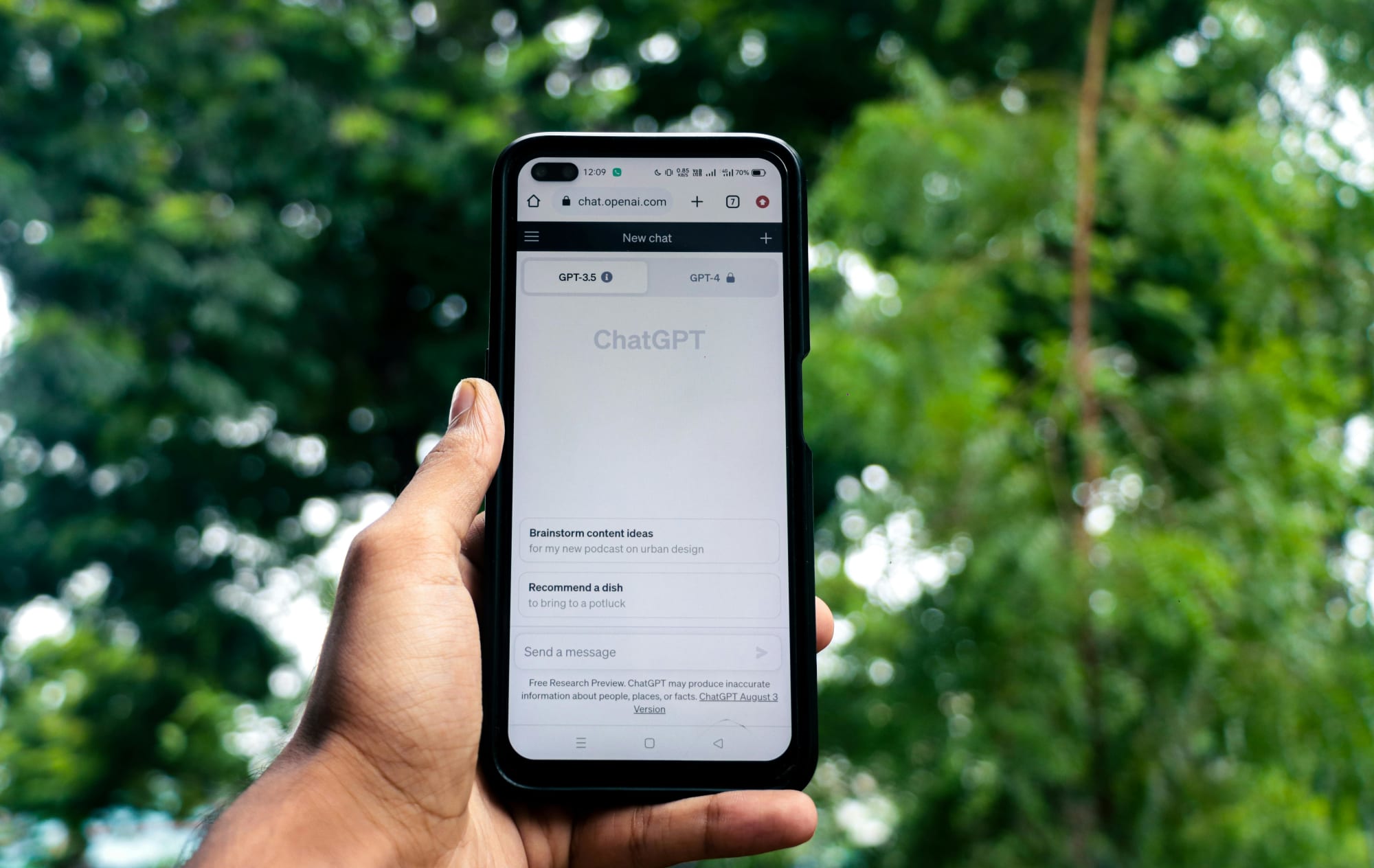Save
Top 10 work-from-home phishing scams revealed
Aussies who have reverted to working from home during the COVID-19 pandemic are being urged to be on the lookout for email scams.
Top 10 work-from-home phishing scams revealed
Aussies who have reverted to working from home during the COVID-19 pandemic are being urged to be on the lookout for email scams.

Research released by KnowBe4 showed that during the fourth quarter of 2020, phishing emails were on the rise as scammers targeted proactive employees adjusting to working from home.
“Hackers are playing into employees’ desires to remain security minded. We are still seeing some subjects around COVID-19, but it seems users are getting more savvy to those types of ploys. Curiosity is piqued with security-related notifications and HR-related messages that could potentially affect their daily work,” the report said.
In Q4 2020, KnowBe4 examined tens of thousands of email subject lines from simulated phishing tests. The organisation also reviewed “in-the-wild” email subject lines that show actual emails users received and reported to their IT departments as suspicious. The results are below.
Top 10 general email subjects:

- Password Check Required Immediately
- Touch base on meeting next week
- Vacation Policy Update
- COVID-19 Remote Work Policy Update
- Important: Dress Code Changes
- Scheduled Server Maintenance – No Internet Access
- De-activation of [[email]] in process
- Please review the leave law requirements
- You have been added to a team in Microsoft Teams
- Company Policy Notification: COVID-19 – Test & Trace Guidelines
KnowBe4 CEO Stu Sjouwerman said it’s no surprise that phishing attacks related to working from home are increasing, given that many countries around the world have seen their employees working from home offices for nearly a year now.
“Just because employees may be more used to their home office environment doesn’t mean that they can let their guard down. The bad guys deploy manipulative attacks intended to strike certain emotions to cause end-users to skip critical thinking and go straight for that detrimental click,” he explained.
About the author

About the author


Scams
Holiday scams are now a P&L risk: Why Australian brands must treat cyber fraud as a growth problem, not just an IT issue
The festive fraud spike isn’t simply a consumer cautionary tale—it’s a balance sheet and brand-trust event for retailers, marketplaces and financial services. With AI‑assisted scams surging and ...Read more

Scams
Trend Micro forecasts a new era of AI-driven scams by 2026
In a comprehensive report released today, cybersecurity leader Trend Micro Incorporated warns that 2026 will mark a significant turning point in the evolution of scams, driven by artificial ...Read more

Scams
Australians urged to stay vigilant as holiday scammers ramp up activity
As the festive season approaches, Australians are being warned to be on high alert for a surge in scam activities. With the increase in online shopping, travel bookings, and holiday preparations, ...Read more

Scams
Scam alert: Trend Micro warns Aussies to be vigilant as Black Friday approaches
As Australians prepare to dive into Black Friday shopping, cybersecurity firm Trend Micro has issued a stark warning about a surge in scam activities targeting eager consumers. According to a recent ...Read more

Scams
Economic stress leaves Australians vulnerable to job and financial scams
As Australians brace for the holiday season, a significant increase in job and financial scams is raising alarms. New findings from global cybersecurity leader Trend Micro Incorporated reveal that ...Read more

Scams
AI-driven investment scams explode: Millions of fraudulent sites blocked, billions lost
In an alarming trend that has caught the attention of cybersecurity experts worldwide, the use of artificial intelligence (AI) in investment scams has surged dramatically. Between March and October ...Read more

Scams
From awareness to accountability: Banks turn scam prevention into a core P&L discipline
Scam Awareness Week is the headline, but the real story is a structural shift: fraud prevention is moving from compliance footnote to board-level performance driver. ANZ’s 15% reduction in scam losses ...Read more

Scams
Inside ANZ’s $100m scam‑fight playbook: how banks can turn awareness into prevention
Public-service messaging won’t stop modern scammers. Australia’s banks are moving from posters to prevention, blending AI, network controls and customer friction to change outcomes. ANZ’s program ...Read more

Scams
Holiday scams are now a P&L risk: Why Australian brands must treat cyber fraud as a growth problem, not just an IT issue
The festive fraud spike isn’t simply a consumer cautionary tale—it’s a balance sheet and brand-trust event for retailers, marketplaces and financial services. With AI‑assisted scams surging and ...Read more

Scams
Trend Micro forecasts a new era of AI-driven scams by 2026
In a comprehensive report released today, cybersecurity leader Trend Micro Incorporated warns that 2026 will mark a significant turning point in the evolution of scams, driven by artificial ...Read more

Scams
Australians urged to stay vigilant as holiday scammers ramp up activity
As the festive season approaches, Australians are being warned to be on high alert for a surge in scam activities. With the increase in online shopping, travel bookings, and holiday preparations, ...Read more

Scams
Scam alert: Trend Micro warns Aussies to be vigilant as Black Friday approaches
As Australians prepare to dive into Black Friday shopping, cybersecurity firm Trend Micro has issued a stark warning about a surge in scam activities targeting eager consumers. According to a recent ...Read more

Scams
Economic stress leaves Australians vulnerable to job and financial scams
As Australians brace for the holiday season, a significant increase in job and financial scams is raising alarms. New findings from global cybersecurity leader Trend Micro Incorporated reveal that ...Read more

Scams
AI-driven investment scams explode: Millions of fraudulent sites blocked, billions lost
In an alarming trend that has caught the attention of cybersecurity experts worldwide, the use of artificial intelligence (AI) in investment scams has surged dramatically. Between March and October ...Read more

Scams
From awareness to accountability: Banks turn scam prevention into a core P&L discipline
Scam Awareness Week is the headline, but the real story is a structural shift: fraud prevention is moving from compliance footnote to board-level performance driver. ANZ’s 15% reduction in scam losses ...Read more

Scams
Inside ANZ’s $100m scam‑fight playbook: how banks can turn awareness into prevention
Public-service messaging won’t stop modern scammers. Australia’s banks are moving from posters to prevention, blending AI, network controls and customer friction to change outcomes. ANZ’s program ...Read more













